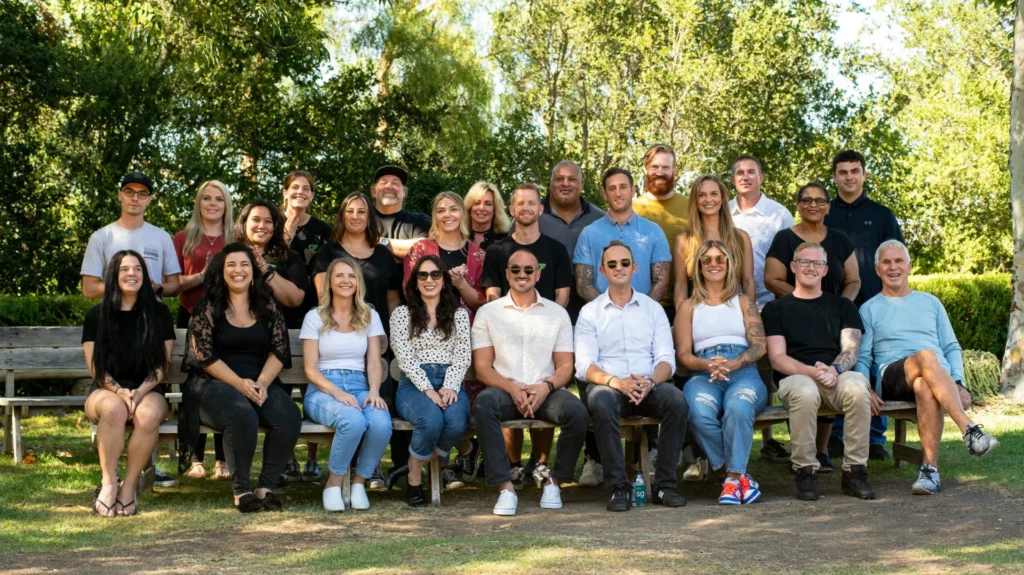

“From day one, I wanted Oak Forest to be more than just a place to recover from addiction. Being part of our community helps you create lasting connections that stick with you long after you’ve moved on from treatment. True recovery thrives in a close-knit community where everyone has each other’s backs. At Oak Forest, we’re not just providing a service; we’re building a family where everyone belongs and everyone matters.”
– RJ, Founder of Oak Forest Recovery


Research has shown that individuals who engage with a supportive community during their recovery process are more likely to achieve their mental health goals. According to the Substance Abuse and Mental Health Services Administration (SAMHSA), the percentage of young adults (aged 18-25) who successfully complete a treatment program is higher when they have access to a strong sup- port network.

Research has shown that individuals who engage with a supportive community during their recovery process are more likely to achieve their mental health goals. According to the Substance Abuse and Mental Health Services Administration (SAMHSA), the percentage of young adults (aged 18-25) who successfully complete a treatment program is higher when they have access to a strong sup- port network.












For the first time in many years I believe my son Jordan has an excellent chance at a bright future.
Oak Forest Recovery showed me that there was a solution to my addiction that I never thought existed.